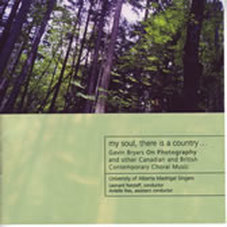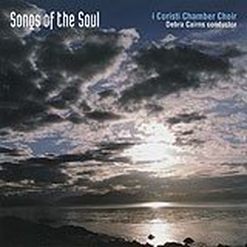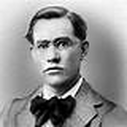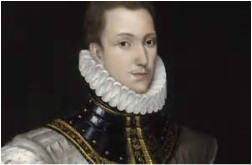ALLAN BEVAN, CANADIAN COMPOSER
Ave Regina Caelorum4/25/2022
1 Comment
Peace4/22/2022
Three Motets on Texts of Henry Vaughan4/21/2022
The Eclipse4/17/2022
My Mother4/6/2022
Then Farewell, World3/24/2022
Hide Thy Face2/1/2022
The Huron Carol, arr.12/25/2020
The Souls of the Righteous2/10/2015
The souls of the righteous are in the hand of God, see the complete score at classica Music Publishers 2) Voicing: SATB a cappella Published by: Cypress Choral Music, Vancouver CP 1075 Retail: J. W. Pepper; Foxes Music Notes: This is an SATB scoring of the original TTBB version above. Text is identical but the ending is different. You may view this score at Cypress Choral Music. Listen to Ensemble Phoebus of Montreal sing The Souls of the Righteous at CBC Music. This beautiful recording is from the 2015 CBC Choral Competition.
Categories
All
For additional information, please view Allan Bevan's Composer Showcase on the Canadian Music Centre website.
|
Proudly powered by Weebly






 RSS Feed
RSS Feed